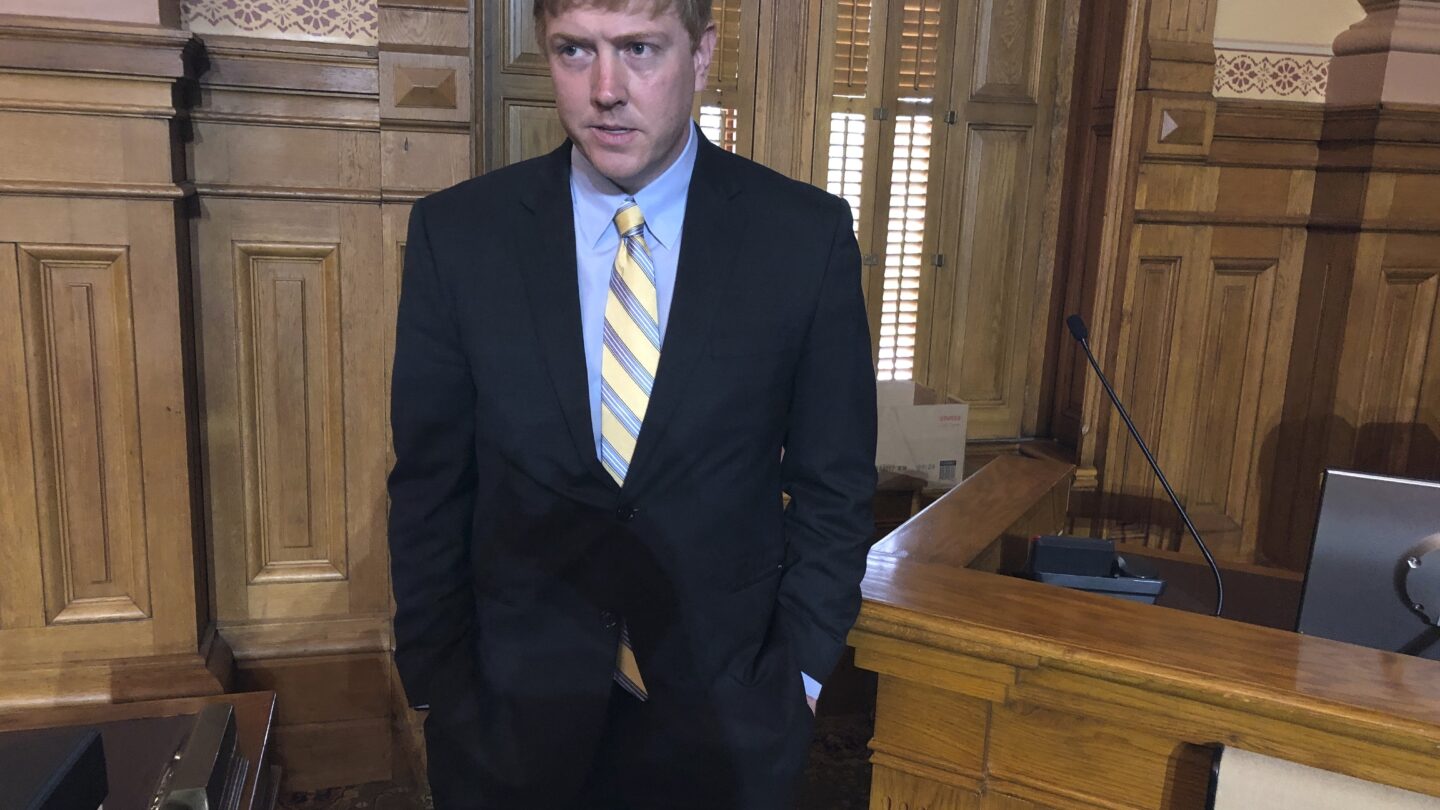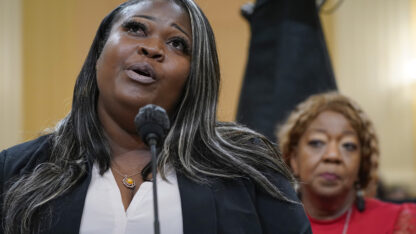The Georgia Senate advanced a state budget proposing broad cuts on Friday, but not before Democrats argued that Republicans were overly focused on reductions rather than recapturing revenue lost from previous tax breaks.
Although the measure’s overall cuts of 11% are less severe than the 14% reductions Kemp and top lawmakers originally were preparing, it will still mean service cuts, unpaid furloughs and layoffs across state government, K-12 schools and state colleges and universities.
The Senate voted 34-15 to pass House Bill 793, sending it back to the House for more work. The two chambers are expected to negotiate a final agreement over the weekend, seeking some additional money that could avoid a fraction of the $2.6 billion in proposed cuts.
“I know this is not the budget that many of you expected or hoped to have this year,” Senate Appropriations Committee Chairman Blake Tillery, a Vidalia Republican, told senators at the beginning of the budget debate, discussing how state revenue fell with the COVID-19 pandemic.
Gov. Brian Kemp has not yet set an official revenue estimate, and the Senate Finance Committee voted Thursday to eliminate more than $200 million in tax breaks. It’s unclear if any of that money might flow into the new budget beginning July 1.
The state would spend less than $26 billion in state money, down from $28 billion originally projected. Federal funding would nearly double the spending, including boost in Medicaid funding that should help avoid cuts in the state-federal insurance program for the poor and disabled.
Republicans passed up some chances to raise spending, spurning a push for an increase in tobacco taxes that could have raised as much as $500 million. Lawmakers also chose not to dip into the state’s rainy day fund, with Tillery saying he wants to preserve those savings for an additional shortfall.
“Is there not more we could do as a state to raise revenue and make a bigger pie rather than cutting in the budget?” asked Sen. Nan. Orrock, an Atlanta Democrat.
Democratic Minority Leader Steve Henson urged party members to vote against the plan in an election-year display of party divisions, calling it the fruit of years of bad Republican choices to deliver tax breaks to the wealthy.
“We have underfunded education. We have underfunded higher education. We have made tax and policy decisions which have undermined the strength of this state and the future of our children,” Henson said.
Senators worked to limit unpaid days off to one per month. Some large agencies had proposed two.
Lawmakers would spend $1.2 billion less on K-12 education, including $1 billion less on the funding formula that aids Georgia’s 180 local school districts. Lawmakers would preserve spending that aids schools that are very rural or have low property tax wealth, as well as spending that pays for yearly experience raises for teachers. But many local districts are likely to resort to furloughs.
The University System of Georgia would get $400 million less. It, too, plans furloughs and possibly layoffs.
Senators and House members have both agreed to take 11% pay cuts from their $17,000 salaries, Tillery said. He said Lt. Gov. Geoff Duncan, who makes more than $90,000 a year, has agreed to take a 14% pay cut.
No state troopers or Georgia Bureau of Investigation agents will be furloughed, and senators retained $880,000 for Kemp’s planned anti-gang task force. But trooper numbers will fall as a training school is delayed until 2022 and 27 vacant crime lab positions and 28 GBI agent positions go unfilled.
Preschool and college scholarship programs funded by the lottery would be kept whole because lottery revenues are relatively steady. That keeps 4,000 child-care slots and will prevent a 13-day cut in the preschool year. Preschool teachers wouldn’t see a pay cut.










